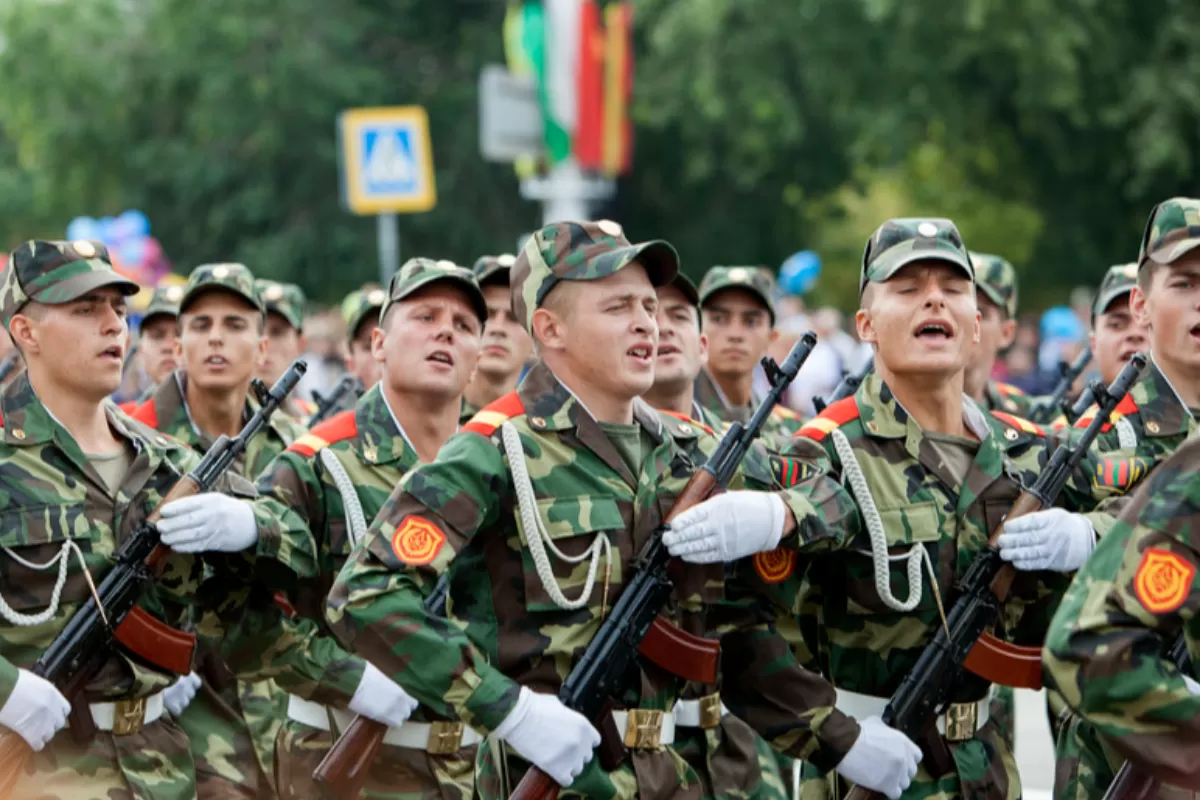
The crisis in Ukraine has generated a great deal of concern in the Republic of Moldova as well, considering that a possible conflict might also spread to its territory, in Transnistria.

The social media in the Republic of Moldova has been flooded these days by a surging number of pictures of gas bills people uploaded once the energy price rises hit the market. The price hikes and the energy crisis are real, but Moscow and the Moldovan opposition are using them to undermine the pro-European government and its line of reforms.

The crisis in Kazakhstan might persuade Moldovans, once and forever, that the model proposed by Russia in its sphere of influence is bound to fail, and that that they need to stop oscillating between the “Eastern” and Western vectors.
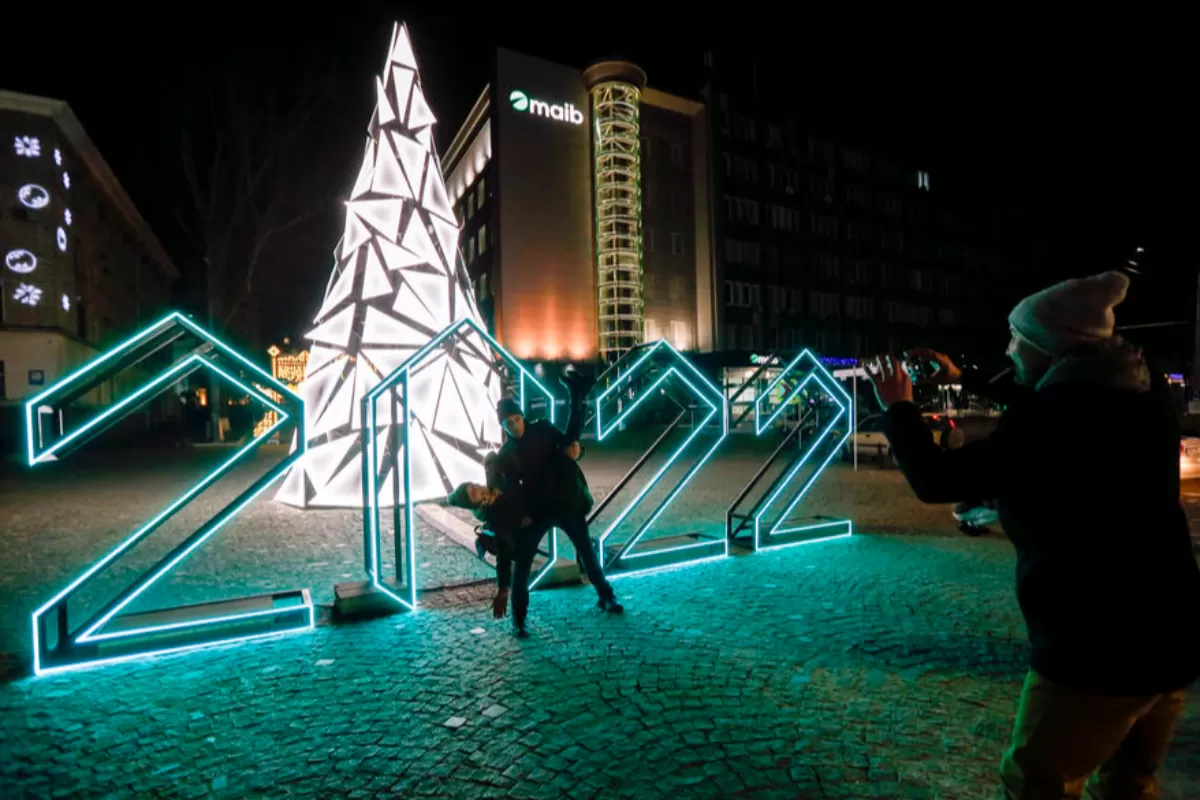
The Republic of Moldova will face a series of great challenges in 2022, both at home, linked to the reforms promised by the PAS government and the economic evolution of the country, as well as abroad, in the context of the growing tensions between the West and Russia and the crisis in neighboring Ukraine.

For the Republic of Moldova, 2021 has been ridden with political, social and economic challenges. The highlight of the year was the victory of pro-European forces in the parliamentary election, after in late 2020 Maia Sandu had secured the office of president.

Relations between the Republic of Moldova and Romania have often been described as privileged, and there is even talk of a strategic partnership. However, on numerous occasions during the last few decades, Bucharest’s efforts and openness have stood out more, even when it was met with hostility by a country that has ever strived to strike a balance between its “Eastern” and Western orientation.
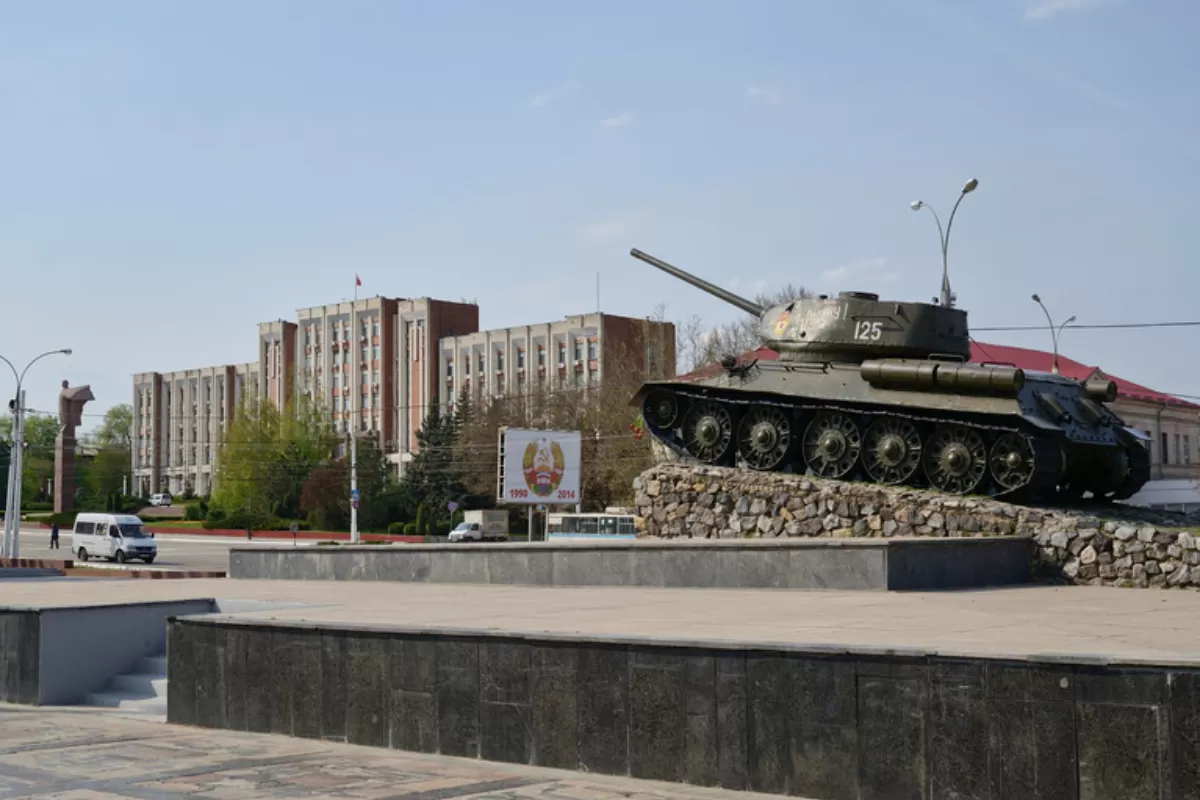
Vadim Krasnoselsky remains at the helm of Transnistria after Sunday’s presidential “election”, which the international community did not recognize. Supported by the Sheriff corporation, Krasnoselsky received the blessing of Moscow, the one who truly controls the breakaway region.

The pipeline should have been a first step towards reducing dependence on Russian gas. However, as long as Gazprom’s prices remain lower than on the European markets, the gas pipeline is only decorative.

Less than a month after Moldova signed a new contract for the delivery of natural gas, Moscow proved it knows how to use its terms to its advantage. It is clear that Moldova’s energy problems are far from over, and the only medium- and long-term solution out of this deadlock is to diversify its suppliers.

On Tuesday, Maia Sandu pays a visit to a Bucharest, which, preoccupied with the political and epidemiological crisis it faces, has placed the bilateral relationship somewhere in the background. As it has often happened in the last 30 years, opportunities have been missed; but even so, ties continue to strengthen.
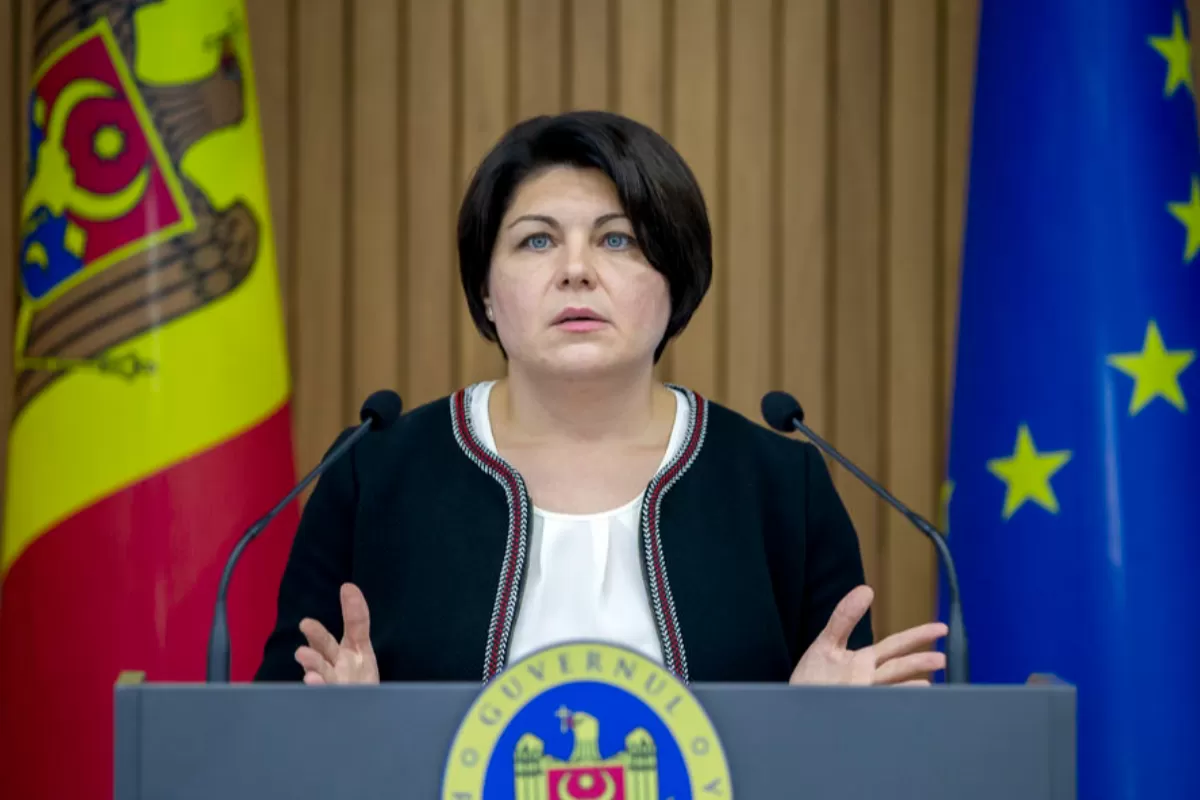
The PAS administration marked 100 days since it took office by publishing an activity report presenting its achievements. Overall, the Government in Chișinău had a number of accomplishments, but things are not as peachy as the aforementioned report suggests.

The strategic partnership between Romania and the USA will enter a new stage, after the signing last Thursday of a very important agreement between the Romanian state-owned company Nuclearelectrica and the US NuScale Power on the deployment in Romania of small modular nuclear reactors, known as SMR, which will give access to a new source of clean energy.

Announced with bells and whistles as a big thing achieved by the Republic of Moldova with regard to the gas supply from Russia, the new contract with Gazprom is not exactly a success, either economically or politically.

Igor Dodon’s surprising announcement about his withdrawal from political life and entry into business early last week raised a lot of questions regarding the former pro-Russian president’s actual endgame.

The Metropolitanate of Moldova is one of the instruments Russia is using to exert its influence in Chișinău. From backing pro-Russian politicians in election campaigns to blocking certain pieces of legislation that would take Moldova closer to Europe, the Metropolitanate has constantly shown that religion is hardly its sole concern.

The pro-European government in Chisinau has entered a complicated period. Judicial reform has already begun in force and has already generated an internal crisis due to the detention of the prosecutor general, a measure that has been described as too harsh by some analysts, recalling a real "judicial blietzkrieg". This is exactly the kind of situation that Russia usually exploits, and Moscow has a few levers at its disposal to ensure that Moldova goes in the direction it wants.
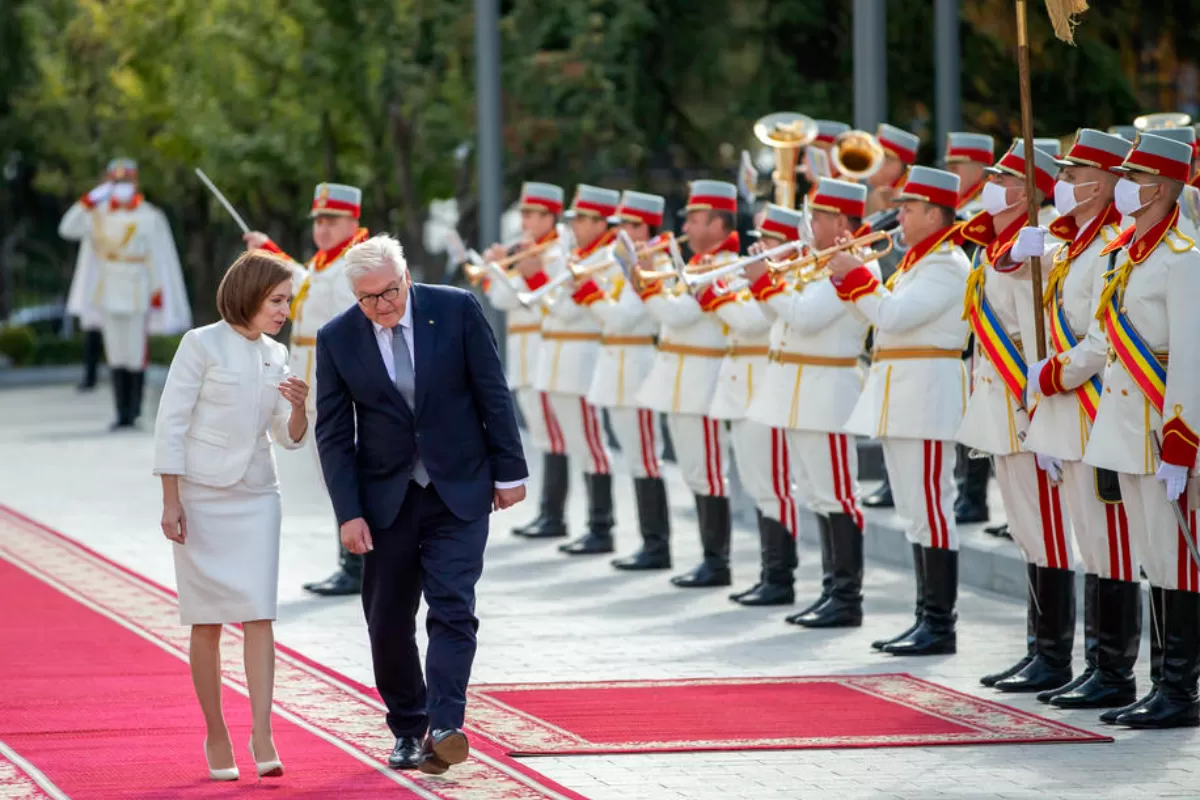
After Maia Sandu and PAS took over the reins of power, Chisinau started a genuine diplomatic offensive. There is openness towards the Republic of Moldova in the western chancelleries, as well as willingness to help, but that is no guarantee for success. A decade ago, the country was in a similar situation, but the failure of the governments that followed eventually led to years of isolation.
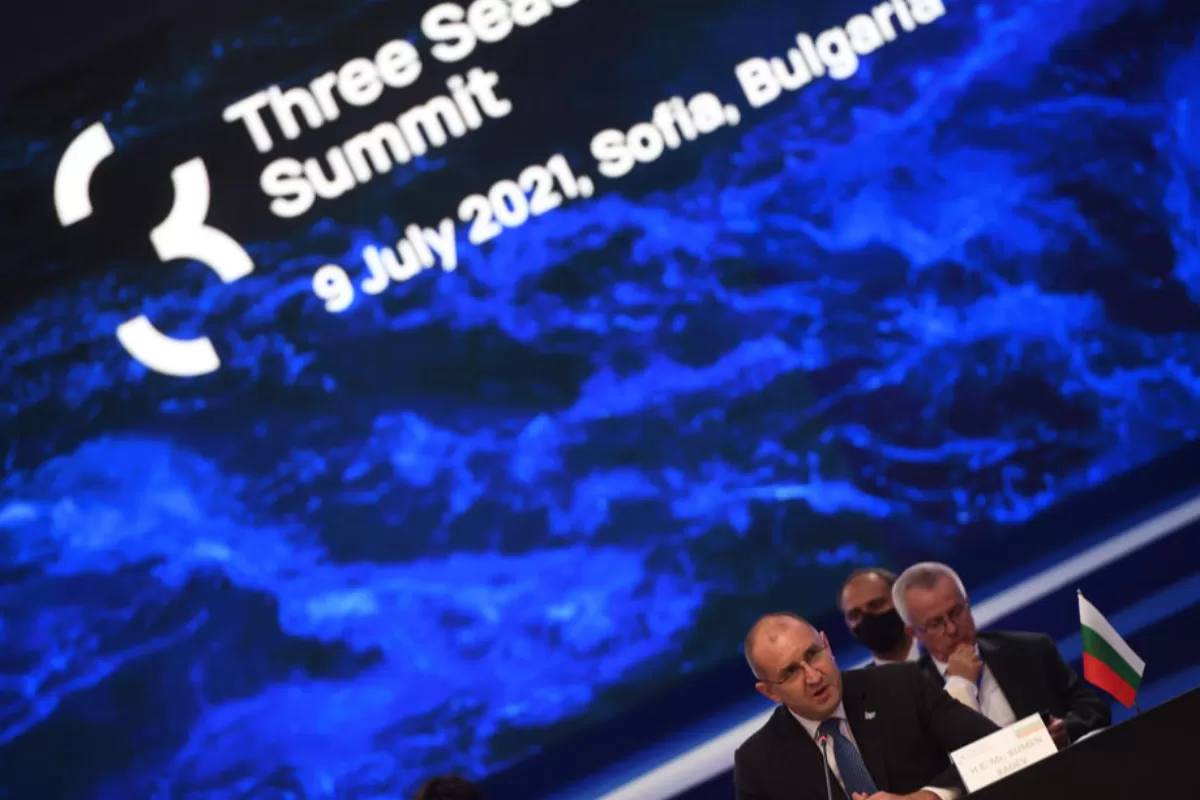
After the annexation of Crimea in 2014, Russia’s acts of aggression and its military-oriented stance on NATO’s eastern flank have inevitably become a reason for concern for a number of countries in Central and Eastern Europe, particularly those behind the former Iron Curtain under Russia’s sphere of influence. Efforts to connect European infrastructure from north to south may curb Moscow’s influence in the region, and inadvertently boost the collective security of central and east-European states.

Sheriff Tiraspol, Moldova’s top football club, may be used by the regime in Transnistria to give some visibility to the separatist region and to try to gain a minimum of legitimacy on the international stage.

Ukraine’s policy towards Transnistria also impacts the agenda of the Government in Chișinău, which would rather focus on domestic reforms. Kiev decided to ban the access of all vehicles registered in Transnistria from entering its territory starting September 1, although Chișinău authorities wanted to delay the measure.
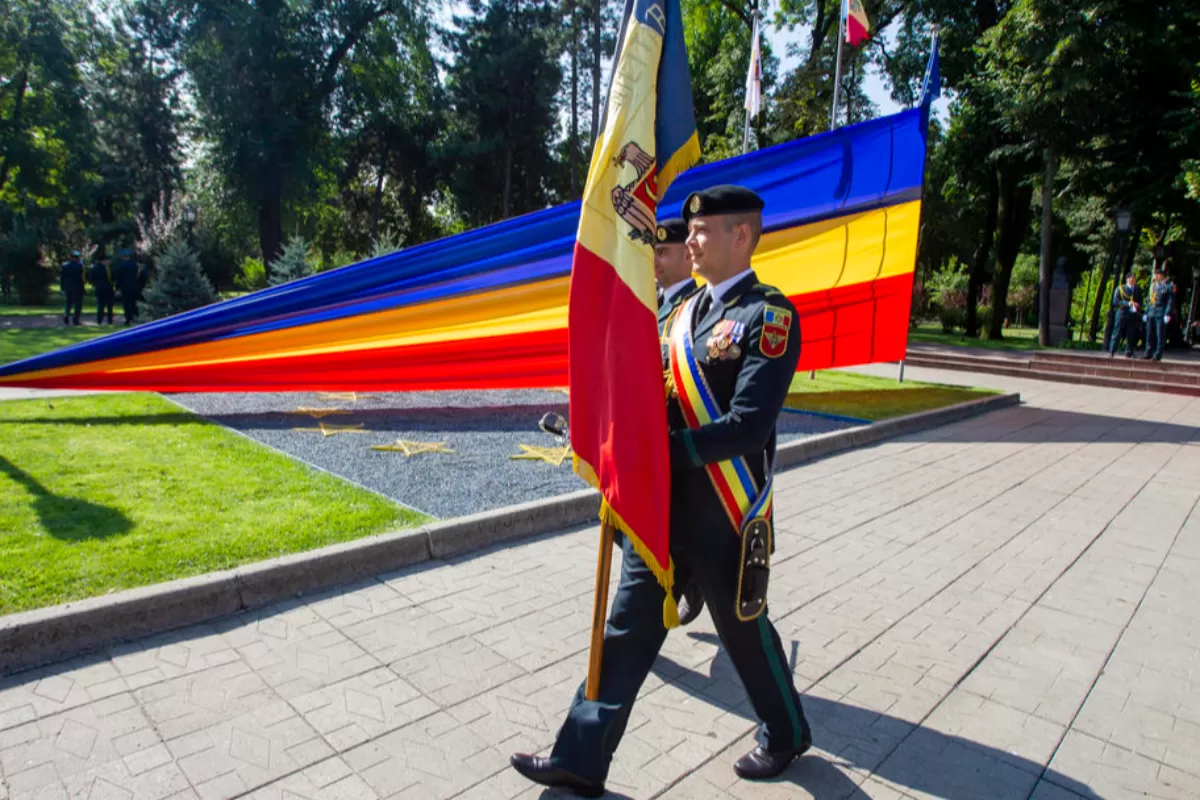
During the 30 years since the Republic of Moldova gained its independence, the language spoken in that country has been skillfully used not only as a bone of contention in domestic identity disputes, but also as a tool in the hybrid war waged by Russia on the territory of the Republic of Moldova and beyond.

The possibility of destroying the ammunition of Soviet origin kept in depos in the village of Cobasna, in the Transnistrian separatist region, has aroused Moscow's interest, at least at a declarative level.
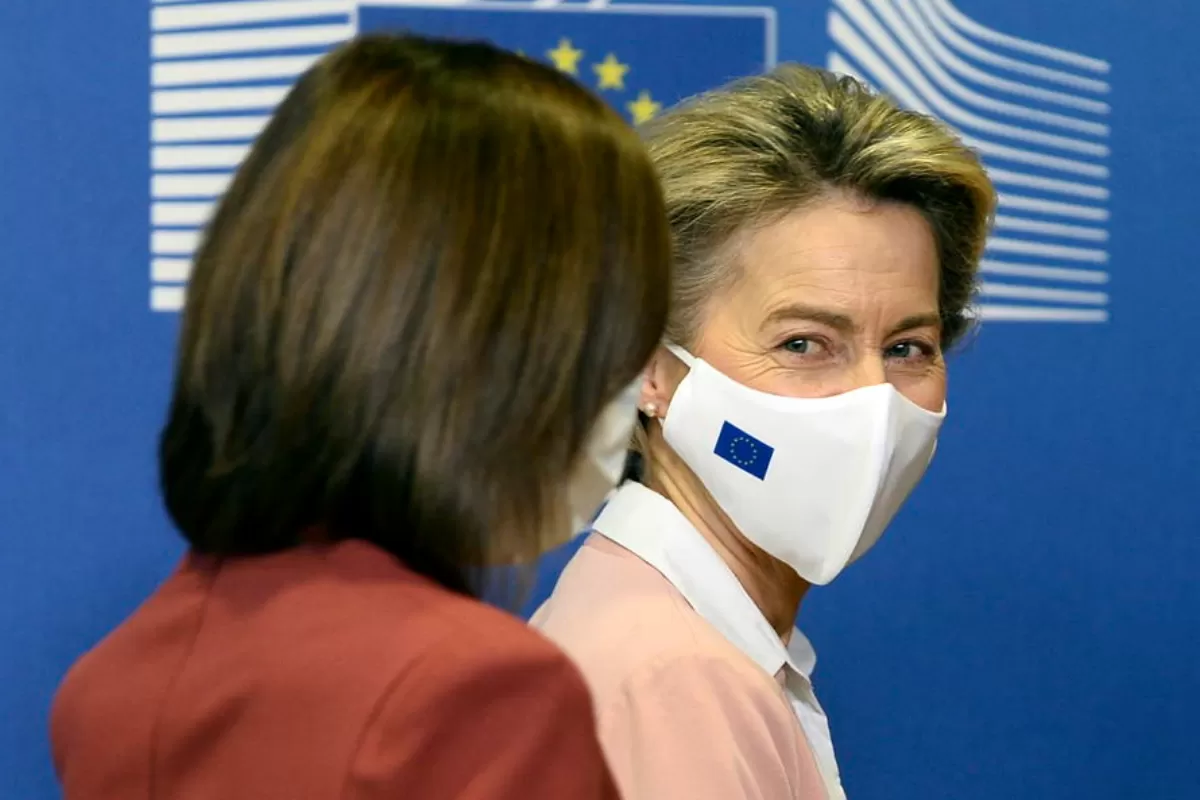
The Republic of Moldova has been presented with a historic opportunity, after pro-European forces, represented by the Action and Solidarity Party (PAS), have secured the Parliament, the Government and the Presidency. The post-Soviet period of transition may now be over, and the pro-European track, which has been in the limelight in Chișinău for three decades, may become irreversible.
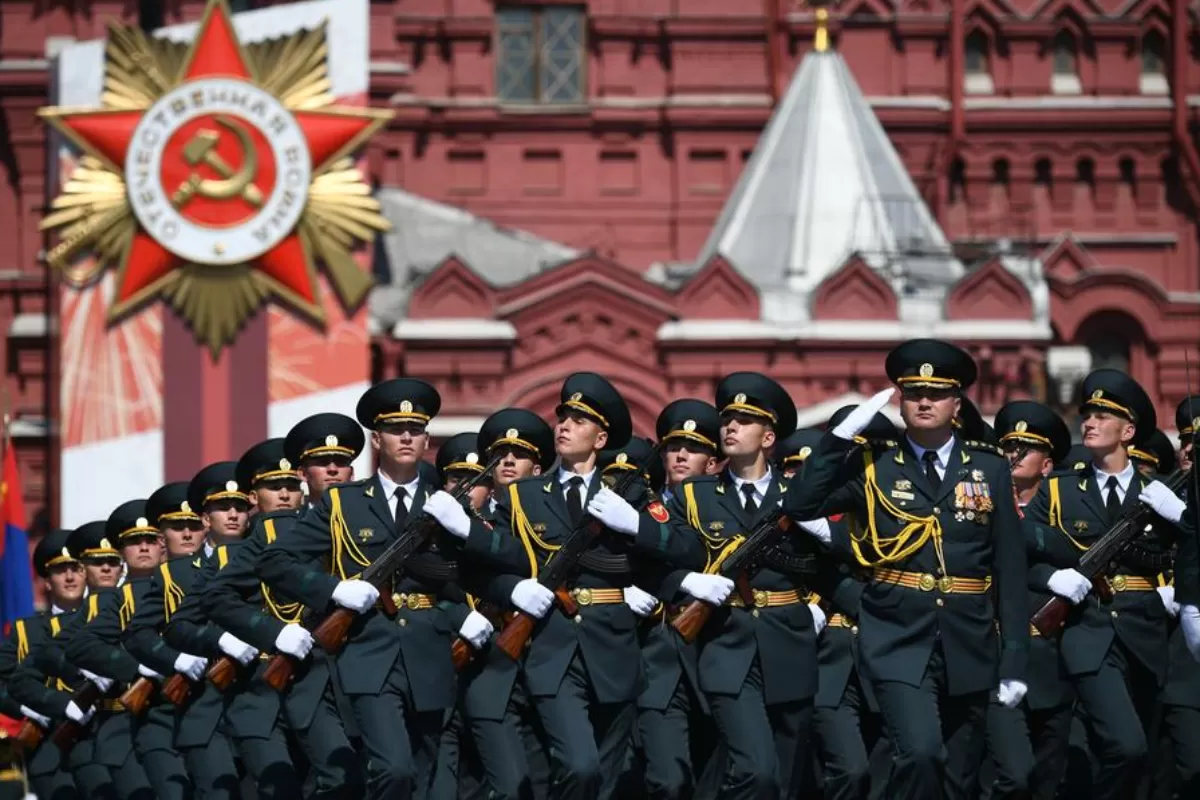
After winning the presidential elections, Maia Sandu has stabilized and secured the relations with the country’s closest neighbors - Romania and Ukraine. The legitimate question arises whether she has also managed to stabilize the complicated relationship between the Republic of Moldova and Russia, especially in the new context created by the recent parliamentary elections, won by the Action and Solidarity Party (PAS), which she has founded.

Early parliamentary elections will be held in Moldova on July 11. The list of candidates is long, with no less than 53 parties and electoral blocs officially registered to take part in the race for 101 parliament seats. Of these, no more than six have a real chance of crossing the electoral thresholds of 5% for parties or 7% for electoral blocs consisting of two or more parties. Veridica carried out a brief x-ray of the electoral programs proposed by the main competitors.
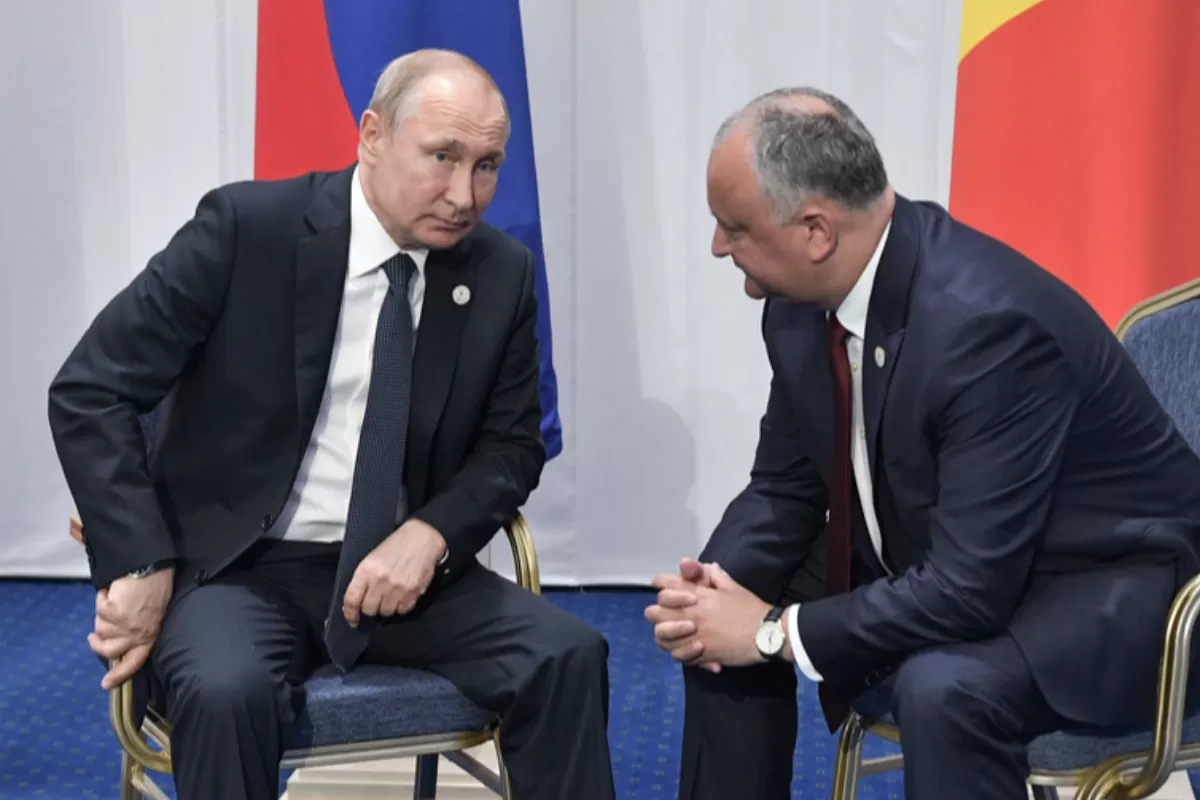
With the early parliamentary election in the Republic of Moldova around the corner, the political and economic chatter is again focusing on the benefits for Chișinău. The matter has again sparked a polemic: would it be better for the Republic of Moldova to head east or west? A persistent question which Moldovan politicians have been juggling with for three decades, while Moldova remains one of Europe’s poorest and most corrupt countries, with one of the largest shares of population migration.

The unionist movement in the Republic of Moldova has always benefited from the contribution of some intellectuals and could count on the votes of about 10% of the electorate. This electorate has become increasingly fragmented in recent years, amid differences between unionists, who have split into competing parties. The centrifugal trend has worsened over time and it is very likely that not even for the snap elections of July 11 the unionist forces will be able to coagulate.

Moldovan citizens often call their country “Wonderland”. Obviously, they do it pejoratively, and the election campaign for the snap parliamentary elections due on July 11th seems to be another reason to call it that. In the past week, there’s been an outcry in the entire Moldovan media about a so-called disclosure made by a controversial police officer.

Russian claims that EU and the USA are allegedly interfering in the parliamentary election in Chișinău, scheduled for July 11. On May 13, the Russian Foreign Ministry spokesperson, Maria Zakharova, said “it is regrettable to see the growing interference of the United States and EU countries in the domestic politics of the Republic of Moldova, something which we firmly condemn”.

Making predictions before elections in the Republic of Moldova means hazarding a guess. Such an action requires not only knowledge and intuition, but also a lot of luck and a special flair for anticipating last-minute backstage arrangements. However, the campaign for the snap parliamentary elections due on July 11 has kicked off, and based on current data and trends, we will analyze who the actors are and what chances they stand at the moment. A dirty election campaign is announced from the left wing, which seems ready to bring into play resources that are incomparable to those available to the right.

In a little over four years, Russia has become increasingly belligerent towards the West, hitting a new milestone, which is interesting, to put it mildly: three hundred and eleven (!) Russian diplomats have been expelled from the United States and Europe due to their actions in these states.

Former president Igor Dodon, the current leader of the Party of Socialists in the Republic of Moldova (PSRM), the largest party in the Moldovan Parliament, seems determined to cling to power, much like his predecessors. It was only a matter of time before Dodon moved from theory to practice. Therefore, at the end of last week, while on a visit to Moscow, Dodon mounted a fierce attack on the rule of law, namely on the Constitutional Court in Chișinău.